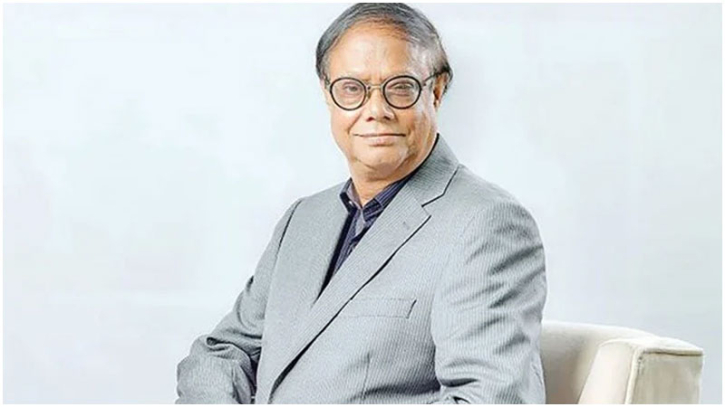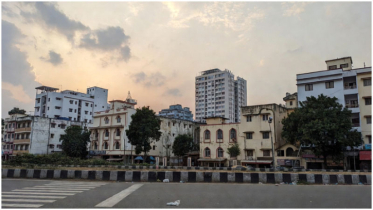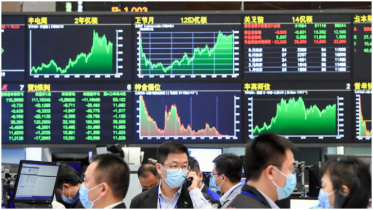Bangladesh's inflation drops sharply to 8.3%: BB Governor

Bangladesh’s inflation rate has fallen sharply from 12.5 percent to 8.3 percent in recent months, reflecting the early impact of ongoing economic and financial sector reforms, Bangladesh Bank Governor Dr. Ahsan H. Mansur said on Tuesday.
Speaking at a high-level meeting of the National Steering Committee on Bangladesh’s transition from Least Developed Country (LDC) status, held at the Chief Adviser’s Office in Tejgaon and chaired by Chief Adviser Professor Muhammad Yunus, Dr. Mansur outlined both progress and remaining challenges in stabilizing the economy.
“We cannot yet say the banking sector has fully recovered, but ongoing reforms are showing encouraging signs,” he said. “Foreign exchange reserves now cover about five months of imports, and inflation has dropped significantly—from 12.5 percent to 8.3 percent.”
The governor noted that inflation could have fallen further to around 7 percent had there not been a temporary spike in rice prices. However, with rice prices now declining, he expressed optimism that inflation will continue easing in the coming months.
Tackling banking sector weaknesses
Dr. Mansur acknowledged persistent structural weaknesses in the banking sector, particularly the high volume of non-performing loans (NPLs), which he said have risen to around 24 percent. He attributed this mainly to large-scale corruption and irregularities that occurred during the previous administration.
“The surge in NPLs was the result of massive financial mismanagement and embezzlement during the former government’s tenure,” he said, noting that the central bank now aims to bring NPLs down to 4–5 percent through strict reforms and enforcement measures.
As part of a broader financial sector restructuring, the central bank plans to merge five Islamic banks and phase out nine non-banking financial institutions (NBFIs) to improve efficiency and governance.
Boosting innovation and digital finance
To promote entrepreneurship and innovation, Dr. Mansur announced the creation of a venture capital fund worth Tk 900 crore, financed by commercial banks, with Bangladesh Bank contributing an additional Tk 600 crore.
He also underscored the importance of advancing cashless transactions, saying that greater digitalization in payments would help increase revenue collection and reduce cash-handling costs across the economy.
Following the meeting, Chief Adviser’s Press Secretary Shafiqul Alam briefed reporters at the Foreign Service Academy, highlighting the government’s continued efforts to ensure a smooth and sustainable LDC graduation process while maintaining macroeconomic stability.
Officials at the meeting agreed that while inflationary pressures have eased and reserves have stabilized, sustained reforms in banking, fiscal discipline, and digital innovation will be key to securing long-term economic resilience.
.png)




